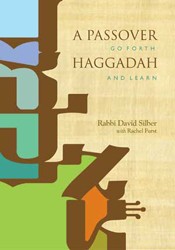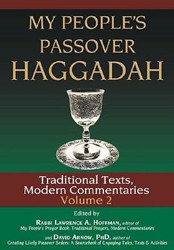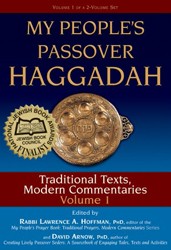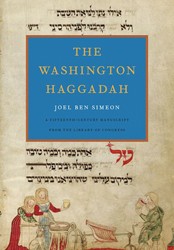If you want to understand a people, listen to the way it tells its stories. The story of Jewish enslavement and ultimate redemption has captured the imagination and creativity of generations of rabbis. Literally thousands of editions of the Haggadah exist, and more are published each year. Jews are exhorted to elaborate on the discussion of the Exodus and this has spawned a plethora of commentaries. Rabbi Sacks’s Haggadah first appeared in Great Britain in 2003 and is now available in the U.S. Rabbi Sacks has divided this book into two sections. Reading right to left (and using the Hebrew Haggadah text edition of Rabbi Shlomo Riskin) he has provided a running commentary replete with brilliant insights, novel interpretations, and clever observations. Of special interest is his commentary to the post- Seder songs. For deeper contemplation, going left to right, are twenty-one essays focusing on Passover and Jewish identity, the place of Passover in Western political imagination, its role in sustaining a people through the vicissitudes of time, and some new interpretations of key parts of the text.
There are two Seder nights, and the Chief Rabbi of the British Commonwealth has provided adequate material for both. Drawing upon classical rabbinic commentaries, English writers and philosophers, as well as Hasidic teachings, this Haggadah will provide hours of fruitful discussion and inspiration for many Passovers.





